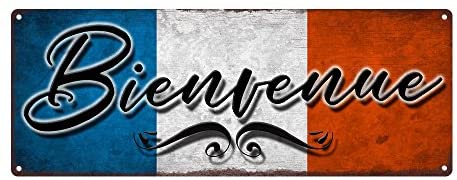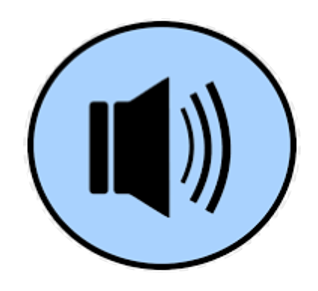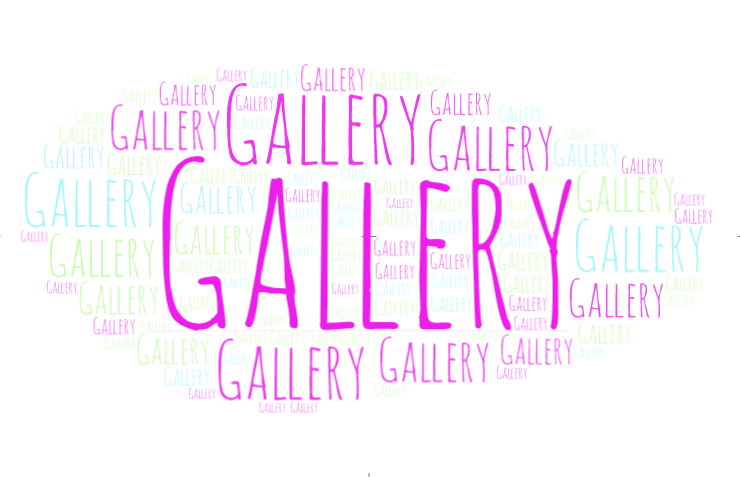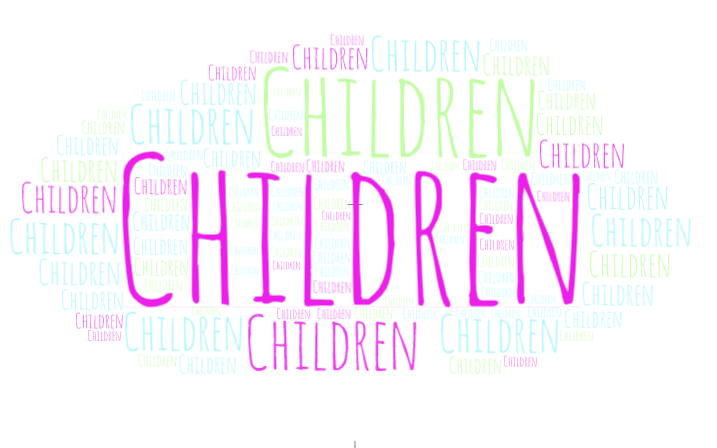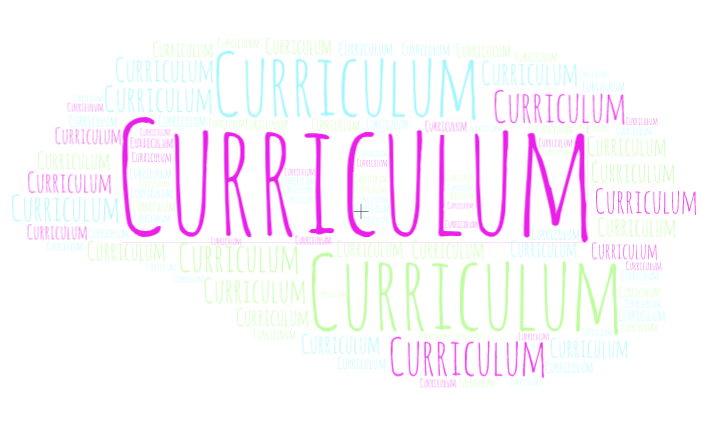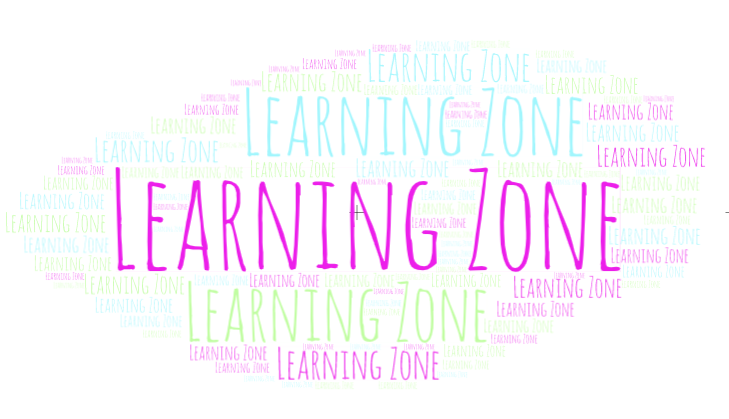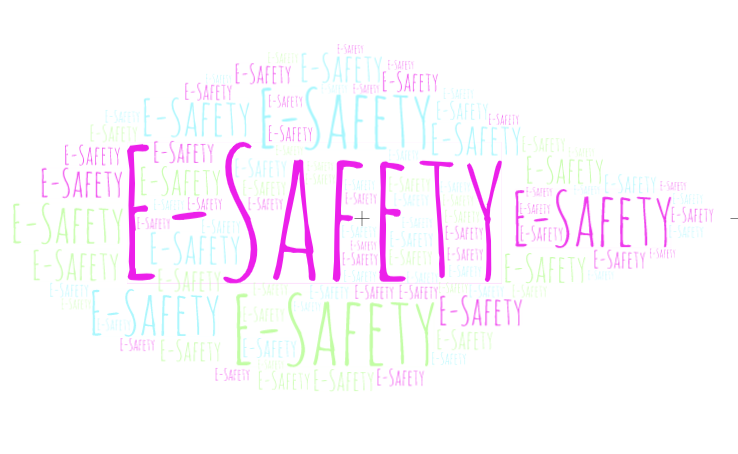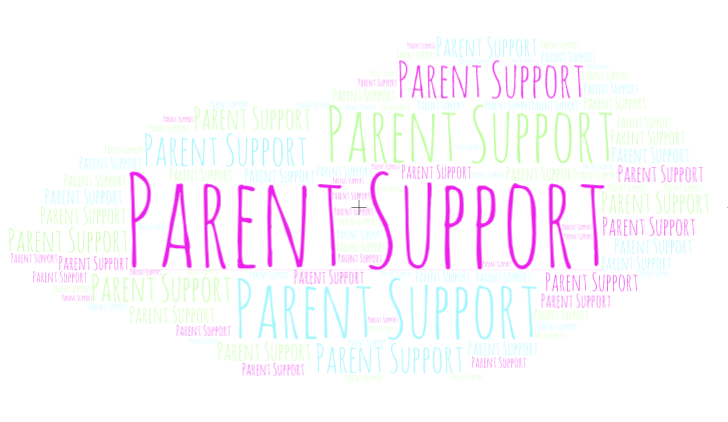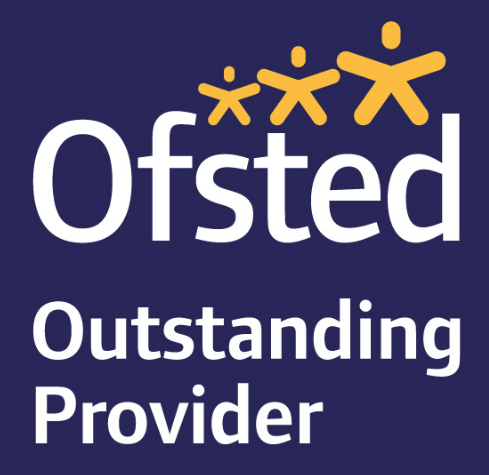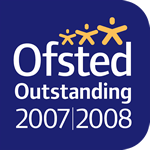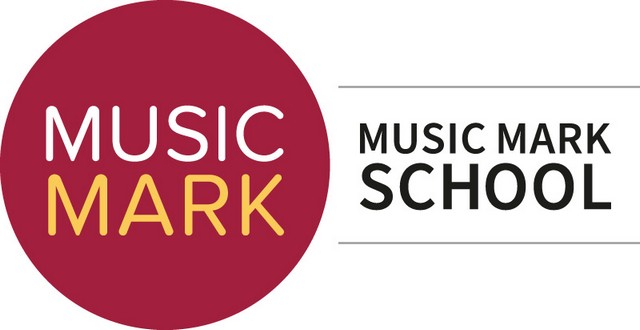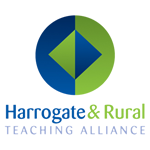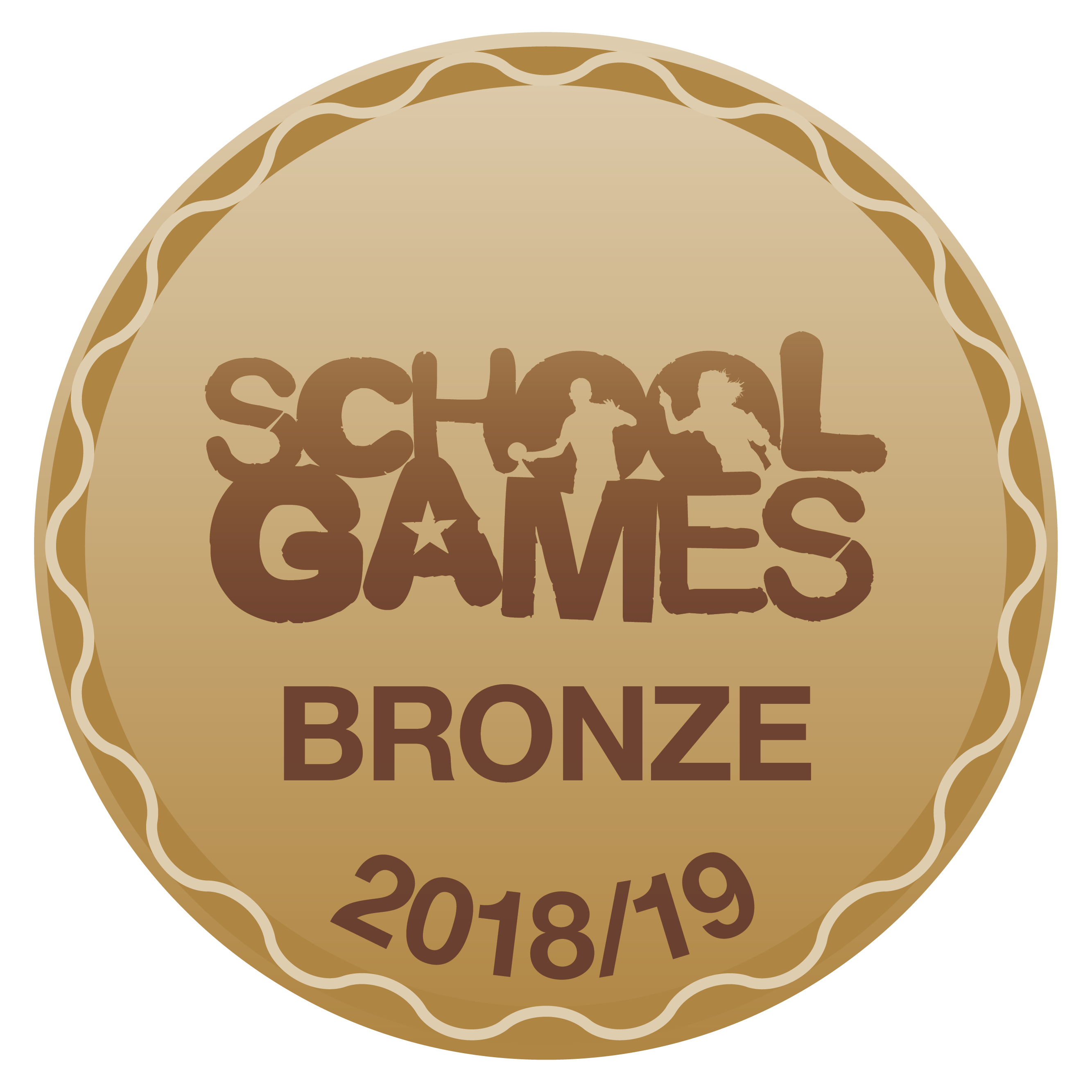Reading and Phonics
Reading (including Phonics) rationale under review
Reading at Askwith overview available here
The reading and phonics lead is Miss Fox.
Reading consists of two dimensions: word reading and comprehension.
Quality teaching of early reading is essential for children to develop competence, fluency and automaticity when decoding and recognising familiar and unfamiliar words. Phonics is taught systematically in EYFS and key stage 1 classes. We use Pearson’s Phonics Bug; a systematic synthetic phonics programme designed to teach children to read and write. Children learn the 42 letter sounds of the English language through a multi-sensory approach. They are then taken through the phases of blending and segmenting words to develop reading and writing skills.
There is an expectation that all children will be fluent readers having secured word recognition skills by the end of key stage one. We adopt a determined approach to teaching phonics and reading to ensure that all children have the fluency and automaticity required to access all reading material.
Transitions from year groups are well planned and pupils’ fluency and comprehension continues to be systematically developed across KS2 through a wide range of high quality reading material.
At Askwith Primary school, we also use Pearson’s Bug Club e-book programme as our reading scheme from Class 1 onwards.
How we support children not reading at home
We have strong and positive relationships with our children and their families. We have an 'open door' policy which allows parents/carers to have frequent and honest dialogues with their child's teacher about their reading at home. If a child if not reading regularly at home, we are able to have open discussions with parents and can offer support in many ways such as; support accessing Bug Club and working alongside parents/carers to ensure reading experiences at home are pleasurable. We would also ensure that the child was reading more regularly in school so that crucial daily opportunities to read are not missed.
Phonics
Phonics curriculum available here
Links to phonics games coming soon!
Phonics EveningPlease see below our presentation from the Phonics Evenings outlining how we teach phonics from Early Years through KS1 using the systematic synthetic phonics programme, Phonics Bug. 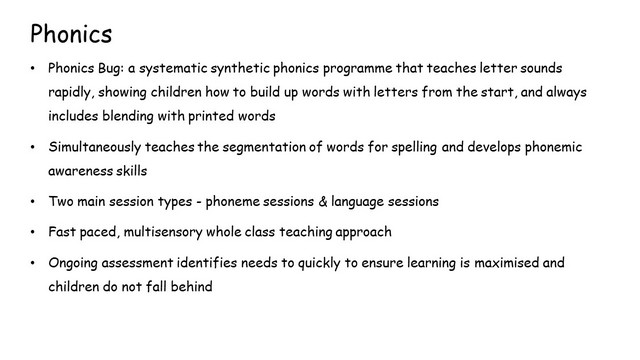 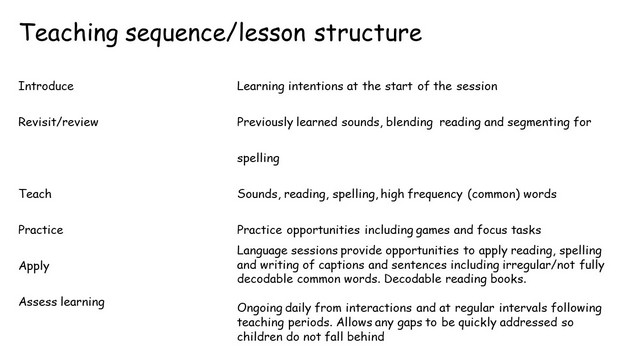 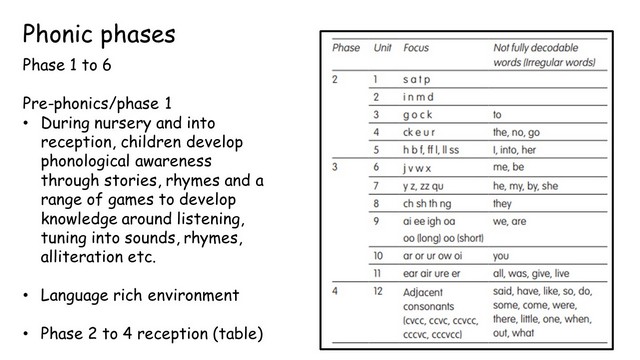 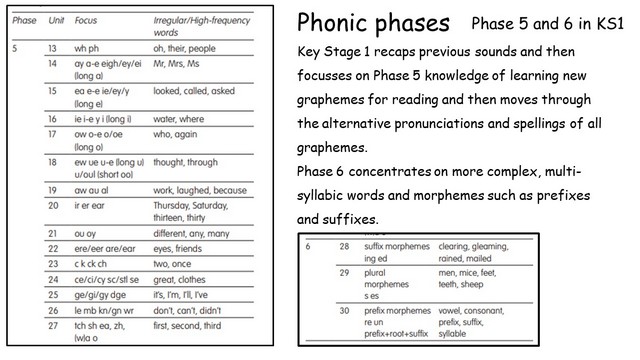 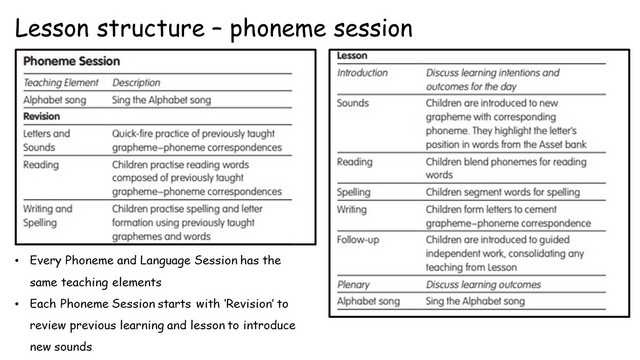 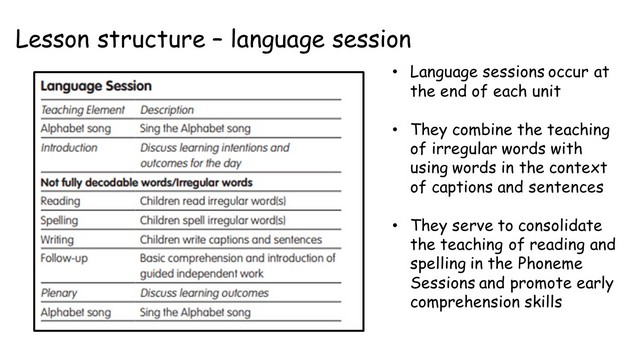 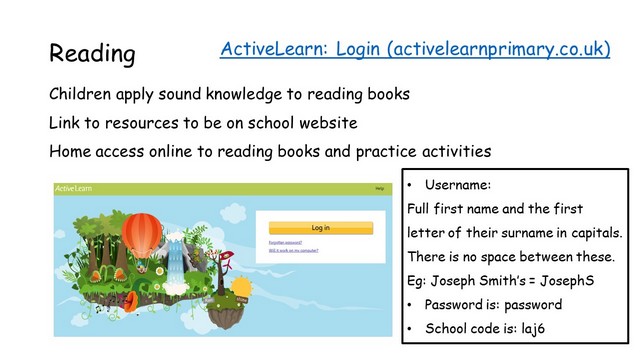 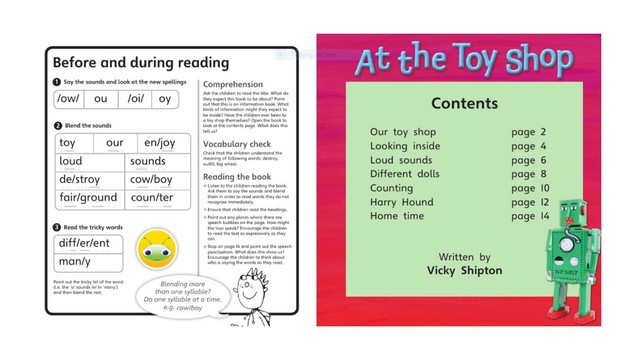 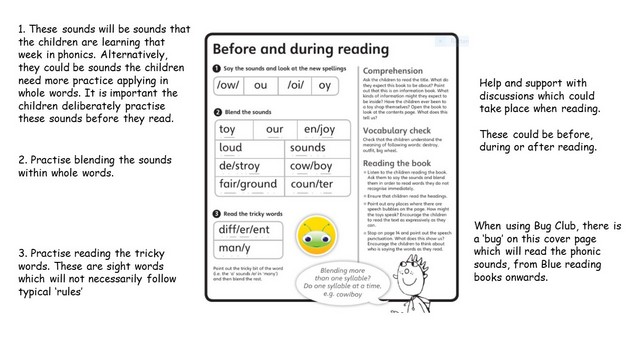 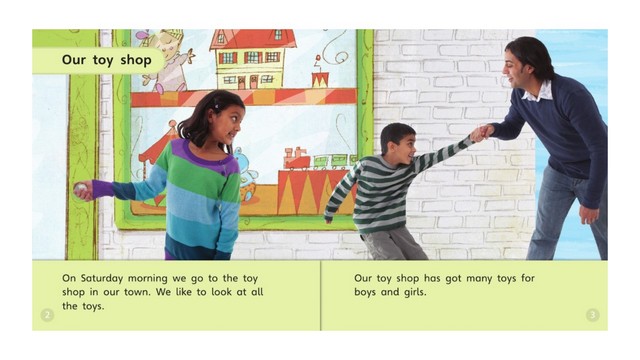 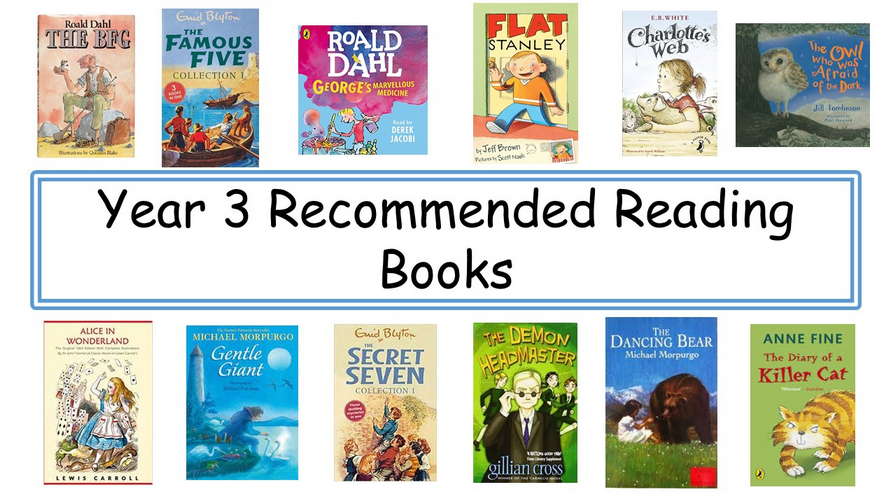 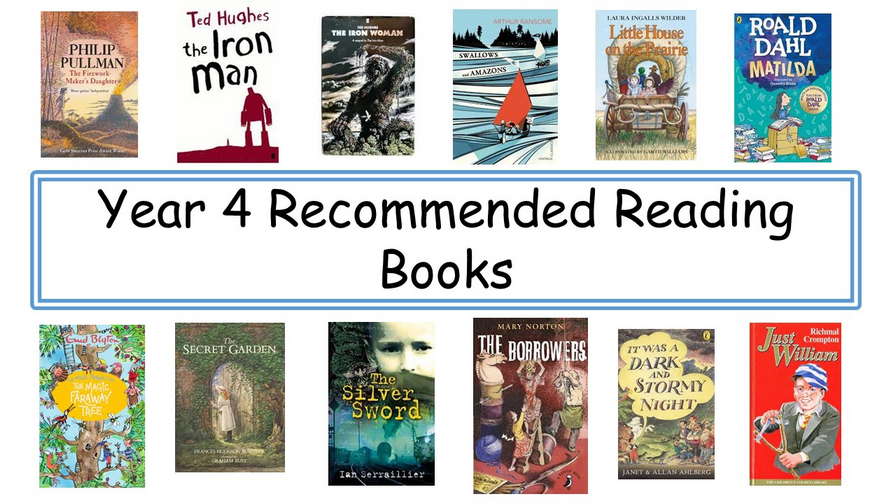 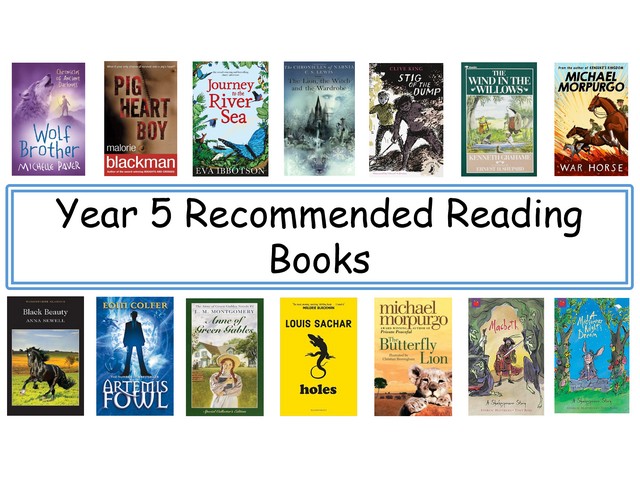 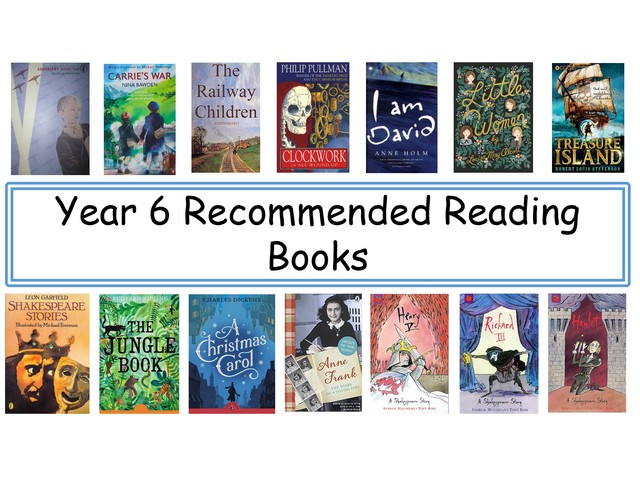 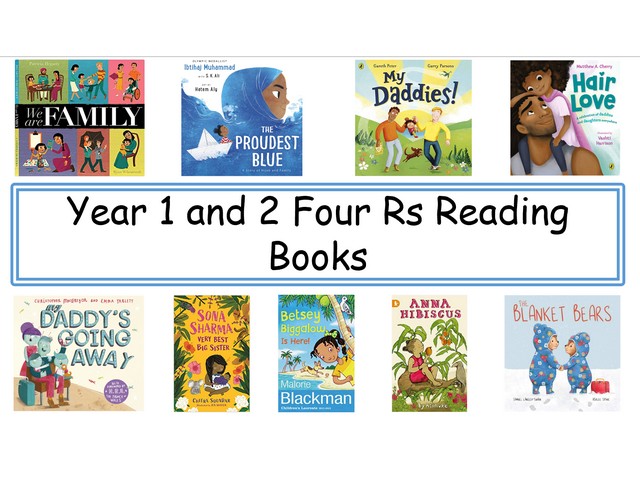 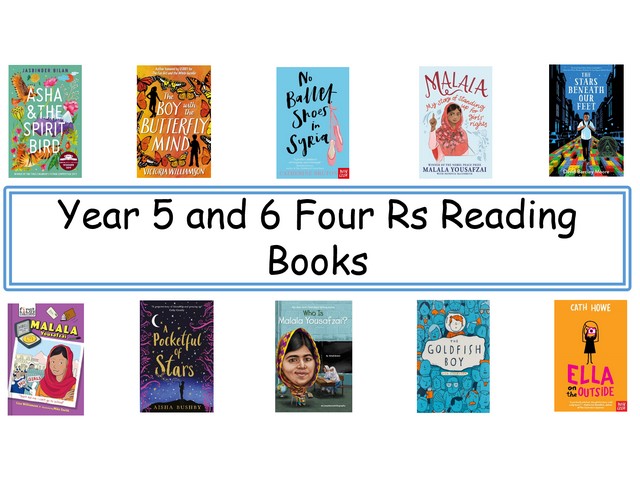 | Books of the Month 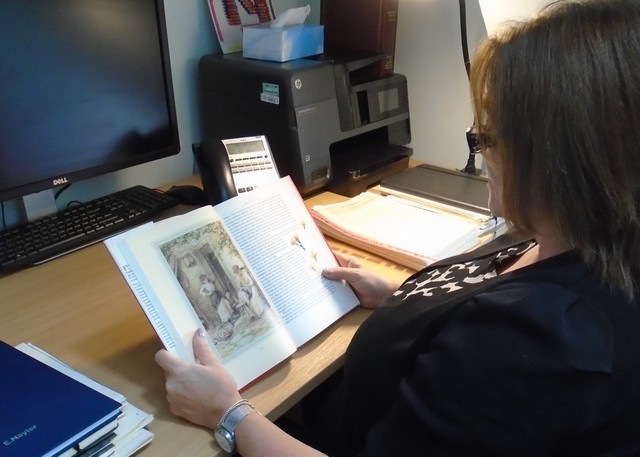 Mrs Nayler "My favourite book is Heidi by Johanna Spyri because my love of the Alps stems from the story and I love her sense of adventure." 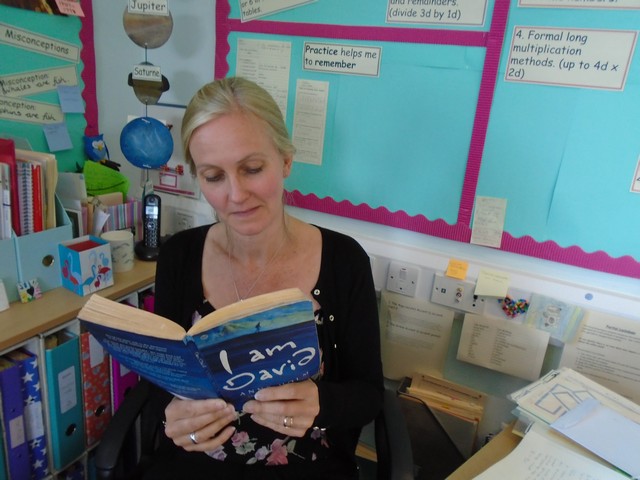 Mrs Longford “My favourite book is Wonder by Raquel Jaramillo Palacio because it explores issues such as anti-bullying, acceptance and empathy for others.” 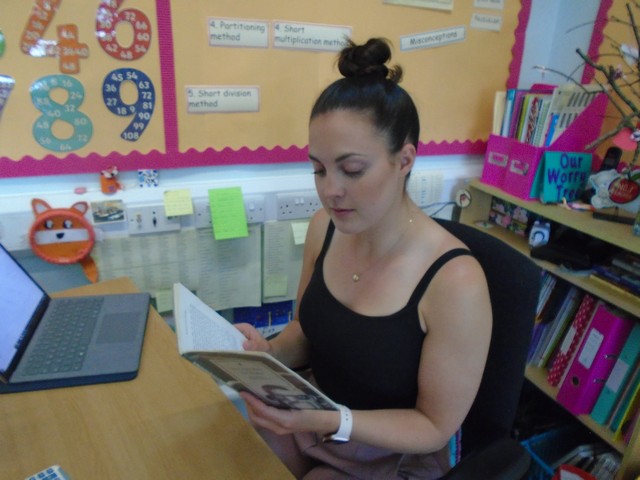 Miss Fox “My favourite book is The Iron Man by Ted Hughes because I love how he uses similies.” 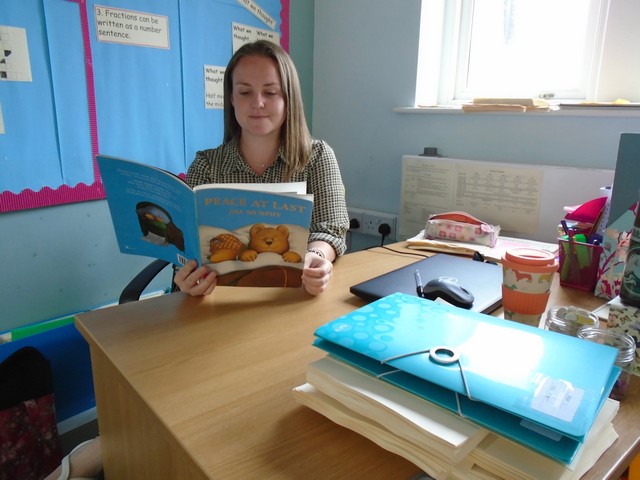 Mrs Timiney “My favourite book is The Velveteen Rabbit by Margery Williams because it is a timeless classic and I enjoy reading about the relationship between the boy and the rabbit that brings them both happiness.” 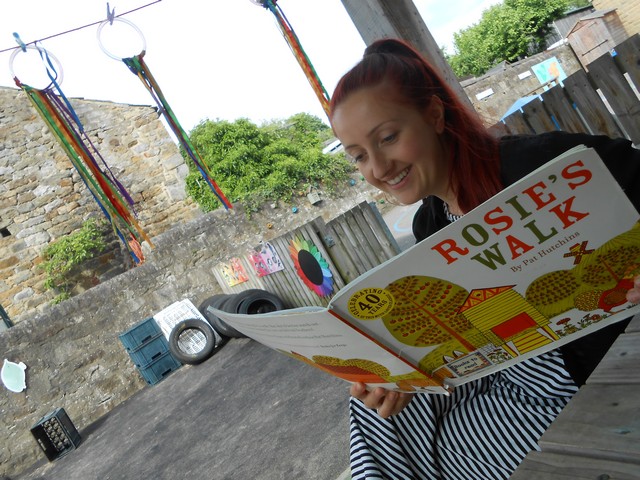 Miss Brierley “My favourite book is The Gruffalo by Julia Donaldson because I am inspired by how brave the mouse is and I enjoy reading the humorous rhymes that introduce the different characters.” |
Reception - Phonics Lesson
KS1 - 1:1 Reading
Lower KS2 - 1:1 Reading
Upper KS2 - Group Reading: Vocabulary
Bug Club for parents and carers
Bug Club is an e-library of your child’s home reading books. Your child’s teacher will assign the books your child is reading.
Please click here to view our 'Helpful Hints for Parents' when reading using Bug Club.
To access Bug Club from home:
Go to www.activelearnprimary.co.uk
Your log in username will be your child’s first name followed by the initial of their surname, e.g. joeb
The password is ‘password’ and the school code is ‘laj6’.
A Love of Reading
Our teachers love reading too!
We meet regularly for Book Club. We read children’s books that would be used in reading lessons and during ‘Reading for Pleasure’ time. We share our thoughts and ideas including ideas for good quality comprehension questions.
Please see the reading rationale for further information.
